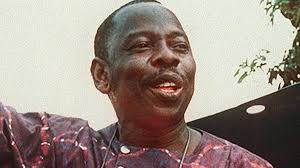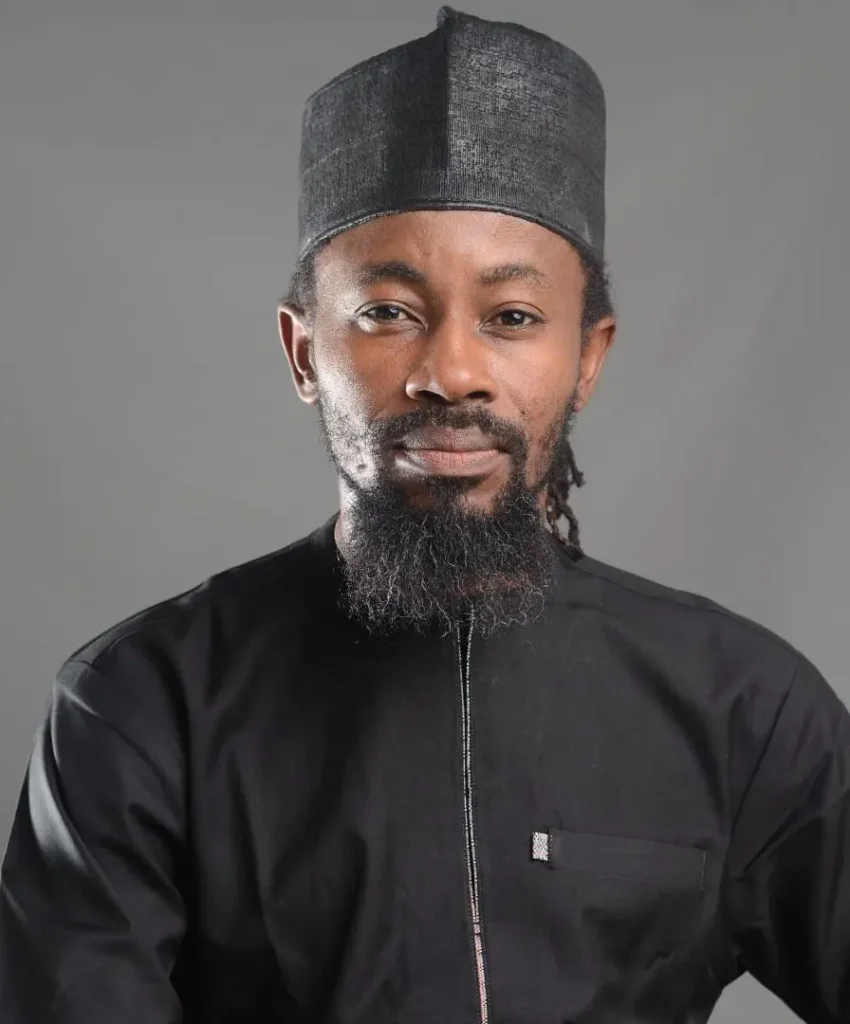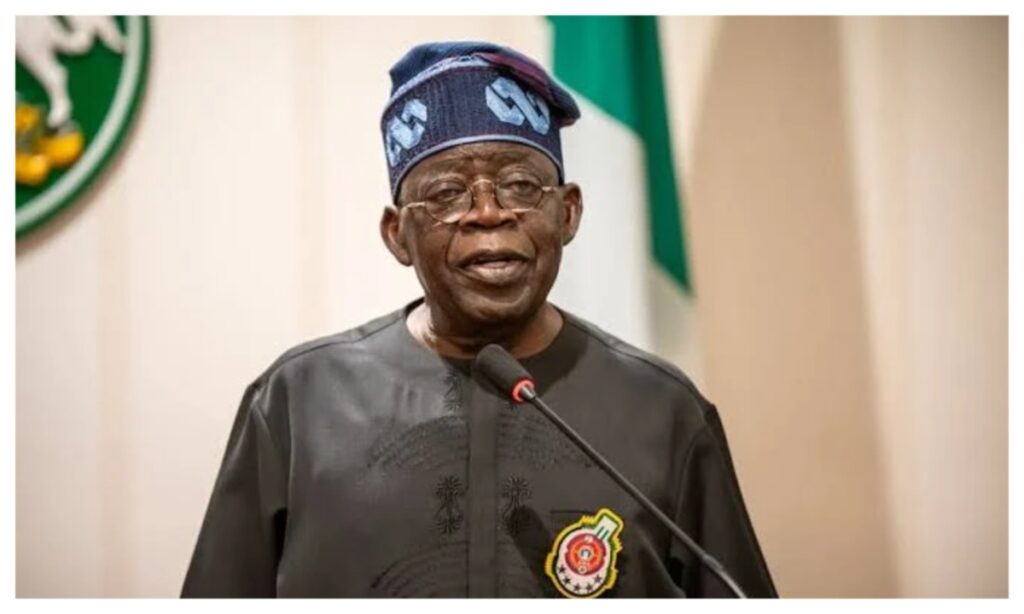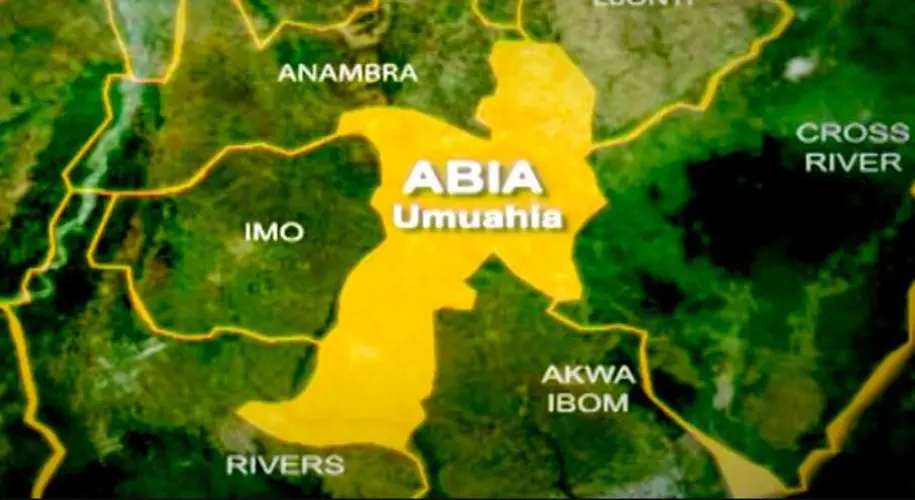Now Reading: Ken Saro-Wiwa Granted Posthumous Presidential Pardon 30 Years After Execution That Shamed Nigeria
-
01
Ken Saro-Wiwa Granted Posthumous Presidential Pardon 30 Years After Execution That Shamed Nigeria
Ken Saro-Wiwa Granted Posthumous Presidential Pardon 30 Years After Execution That Shamed Nigeria

President Bola Ahmed Tinubu has posthumously pardoned Ken Saro-Wiwa and eight other environmental activists, 30 years after their 1995 execution under General Sani Abacha’s military regime triggered global outrage and saw Nigeria suspended from the Commonwealth. The move, announced during Democracy Day celebrations on June 12, also conferred national honours on the men once condemned as enemies of the state.
The slain activists, known as the Ogoni Nine, were hanged following a military tribunal that convicted them of the murder of four Ogoni chiefs — a charge widely denounced by human rights groups as fabricated to silence their protest against oil pollution in the Niger Delta. Saro-Wiwa, a renowned author and television producer, led peaceful campaigns against Royal Dutch Shell, accusing the oil giant of destroying Ogoniland’s ecosystem.
Activists welcomed the pardon as a bold gesture, but many insist it stops short of justice. The Movement for the Survival of the Ogoni People (MOSOP) called it a “courageous act” but stressed that “no crime ever took place.” Esther Kiobel, widow of Barinem Kiobel, demanded a formal declaration of innocence, noting, “A pardon implies guilt. My husband died innocent — he deserves exoneration, not clemency.”
Global advocacy groups, including Amnesty International, echoed similar sentiments. The organisation described the pardon as “symbolic” and urged the Nigerian government to go further by holding polluting companies accountable and addressing decades of environmental degradation. Amnesty emphasized that Ogoniland remains one of the most polluted places on Earth, despite repeated promises of clean-up efforts.
Shell, which has repeatedly denied involvement in the executions or responsibility for oil spills, has faced numerous lawsuits. In 2021, a Dutch appeals court ordered the company to pay compensation to Nigerian farmers. Another major case involving pollution between 1989 and 2020 is currently before London’s High Court, with trial proceedings scheduled for 2026. Shell blames sabotage and illegal refining for many spills but remains under scrutiny.
The execution of the Ogoni Nine on November 10, 1995, ignited a storm of international condemnation. Nations imposed sanctions, protests erupted across global capitals, and Nigeria’s standing on the world stage plummeted. Saro-Wiwa’s final words — “the struggle continues” — became a rallying cry for environmental justice and resistance against authoritarianism.
Tinubu’s move, though politically significant, comes amid rising public demand for transparency, reparations, and a credible commitment to environmental justice in the Niger Delta. As the legacy of the Ogoni Nine enters a new chapter, many Nigerians believe justice remains unfinished — and the world is still watching.




